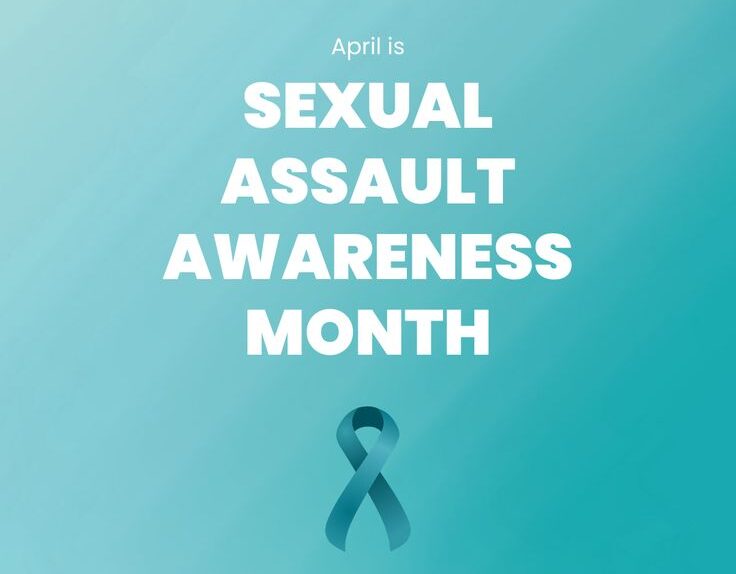Making Internet safe for your kids
December is here again and most children are at home for the Christmas holidays. For many of the children, particularly those in boarding schools, this is a time to enjoy
December is here again and most children are at home for the Christmas holidays. For many of the children, particularly those in boarding schools, this is a time to enjoy all that they may have missed out on during their stay in school. Most parents, however, are still caught up at their work places and may not spend as much time as they would wish to with their children.
This usually means leaving the house help or guardian to watch over your children, as you get busy looking for money. This is a good thing because you have school fees and other bills to pay. Most children will engage in various activities from watching TV for long hours, to playing with fellow children in the neighbourhood, or enjoying long hours of sleep and finding time to do their holiday homework.
However, children with Internet access have another activity to keep them busy over the holiday. The Internet is just another facet of socialisation for this new generation; and as parents, common sense and a level head are the best safeguards. Most children will be immersed in online chats through Facebook, MySpace and Google+ among others, which they consider a part of their ordinary social fabric. This is partly because most schools offer compulsory computer and Internet lessons to children as young as five years. This is largely positive because the Internet has a lot of information, which the children can use for their homework and studies. It also helps them connect with their relatives and friends.
According to the Ministry of Information and Communications statistics, the number of Internet users in Kenya has increased from three million to nine million people over the last two years. Social media users on platforms like Facebook and Twitter, among others, has also increased from one million to five million. Despite all the good that computers and the Internet have brought, there are several concerns particularly where children are involved.
Because of the open policy while using Internet, everyone can access the good, the bad and the ugly, and therefore as a parent you need to regulate what your children watch and who they interact with online. Cyber crimes are on a spiralling high and since there is no law in Kenya protecting children from cyber criminals, as a parent, you need to ensure that your children are safe.
Safety measures for your child…
As a parent, monitor and limit your children’s use of the Internet. You can do this by disconnecting Internet several days in the week. You could also use it as a rewarding scheme; for example, when a child finishes their assignment for the day they can have an hour of Internet usage as a reward. Make it attractive.
*Encourage family interactions with your children. Children with low self-esteem are likely to spend more hours on the Internet compared to those whose parents encourage and show genuine interest in their lives.
*Place the computer in the living room or an open place in your house as opposed to having it in the children’s bedroom. That way, you can monitor what your child is doing. If the computer is in their bedroom, they are more likely to access prohibited sites or pornographic sites.
*Block all sites that are likely to expose your child to cyber bullying and pornography.
*Talk to your child about pros and cons of using the Internet. You can use real examples of cases where misuse of Internet has landed people into trouble. Encourage them to be open-minded and share whatever concerns they have with you
*As a general rule, caution your children against uploading personal information to people they are not familiar with or whom they have just met in a cyber café, for example. Let them not upload their photos or their parents’ personal details. It’s also important to teach them about various privacy settings in computers and Internet to protect them from cyber criminals. If you are not familiar with the Internet, you can get help from someone who has the technological know-how to assist your child.
*Take a keen interest on what your child does while online, as this will help you guide them accordingly.
*Bookmark their favourite sites for easier access as this will prevent them from wandering to explicit sites.
You cannot keep your child from technological advances but you can teach them how to stay safe while enjoying the many advantages that technology brings.





